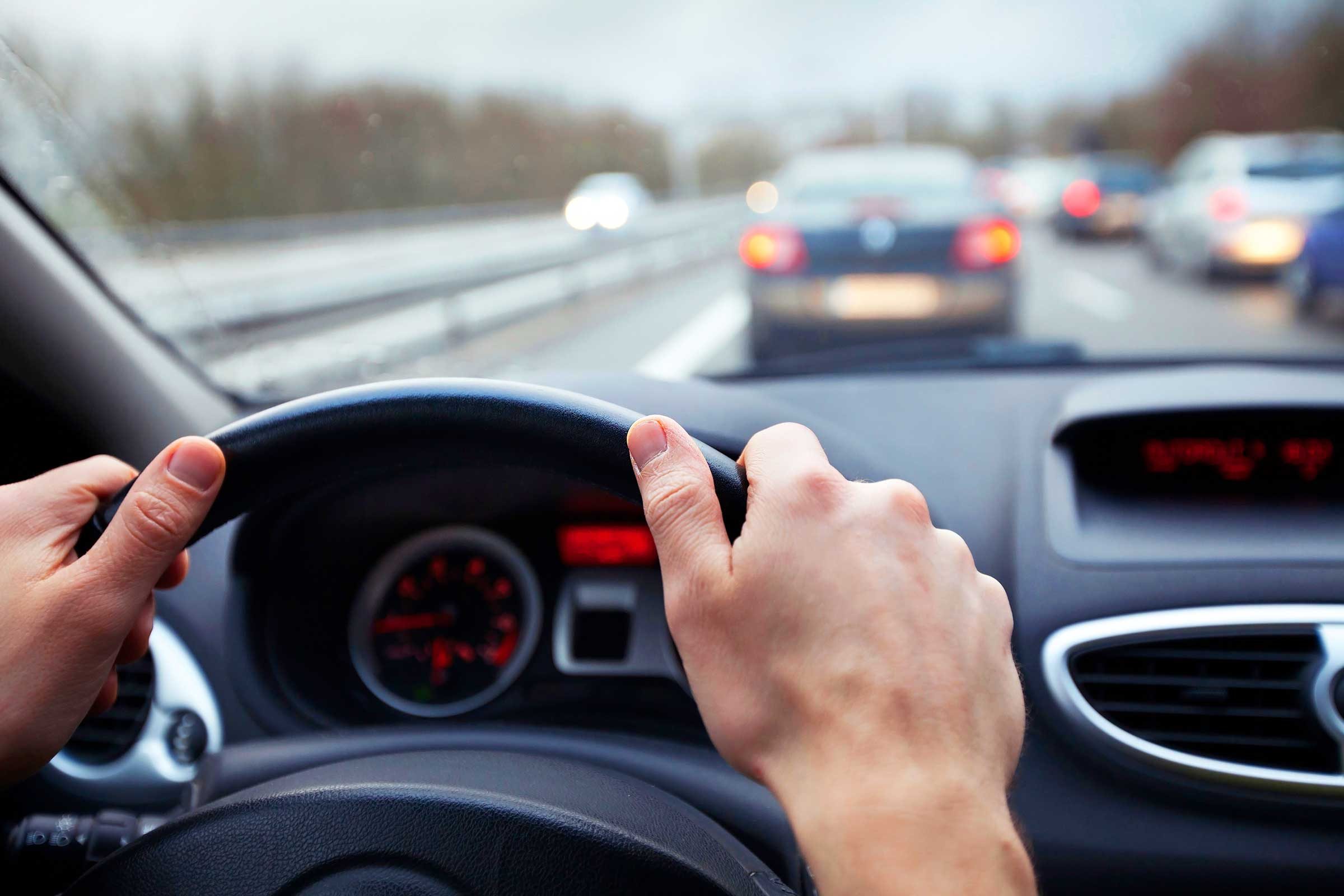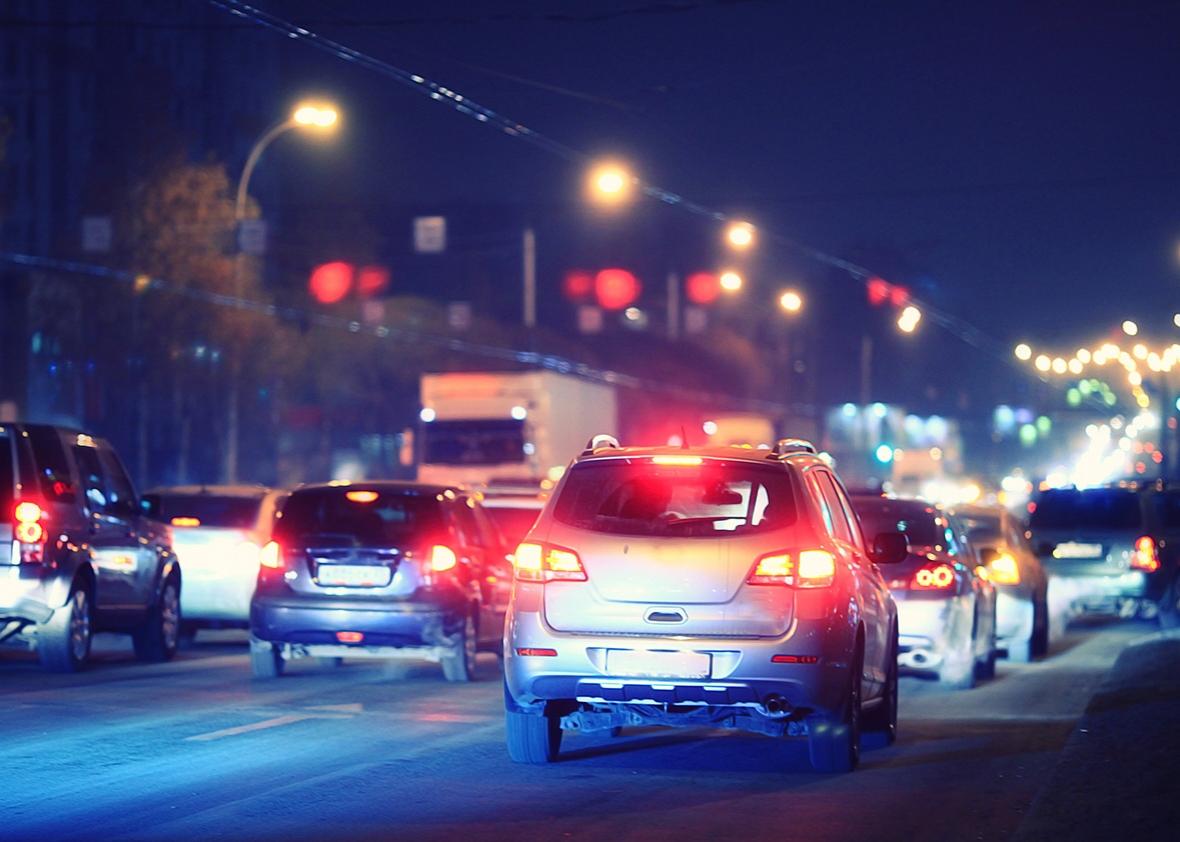
Everyone wants their car to accelerate smoothly when speeding up. It’s frustrating when that does not happen and the car hesitates when accelerating from stop. Such strange behavior could be dangerous too for your car and other drivers when you are driving on a busy city road or entering a highway from an off-ramp. Why does this happen? What components are responsible for this trouble?
Car Hesitates When Accelerating From Stop: The Causes
Delay in acceleration happens when the engine does not get enough power. It needs more power than driving at a constant speed when pulling away from a stop. That power comes from the systems that control the fuel and airflow supply. Any issue with these components will make the car hesitates when accelerating from stop.

Check these components when your car gives delayed response at the time of speeding up:
1. Mass Airflow Sensor
The sensor keeps track of the volume of air entering the engine and transfers the information to the ECU (engine control unit). The computer uses that information to decide the amount of fuel the fuel injectors should deliver. A failing sensor relays the wrong information, so the engine does not get the amount of fuel it needs.
A malfunctioning mass airflow sensor will cause the car to hesitate during acceleration or driving uphill.
2. The Accelerator Pump
If you are driving an old vehicle with a carburetor, it must have the accelerator pump. The lagging could be the result of the pump being worn out or needs a fix. It is a plunger rod with a rubber sealed piston that squirts a small amount of raw gas into the carburetor. The surge of fuel and air trigger the engine to be more responsive to acceleration.
When the rubber seal gets worn out, it sends a large volume of air with little or no gas to the plunger cylinder. As a result, the car hesitates when accelerating from stop. You have to replace the pump along with cleaning or replacing the fuel filter to fix the trouble.
3. Fuel Injectors
The function of fuel injectors is to spritz fuel into the cylinder. The fuel then gets mixed up with air to be kindled by a spark plug. These parts accumulate dirt and sludge over time and fail to supply the right amount of fuel. As a result, the engine fails to produce enough power to take off smoothly after a stop.
4. Throttle Position Sensor
The job of the sensor is to pass information to the ECU about the opening of the throttle and the pressure applied on the accelerator. The computer uses that information to adjust the amount of fuel-air mixture to be delivered to the engine.
A malfunctioning sensor won’t send the correct information, resulting in depriving the engine of enough fuel and air it needs to run smoothly when speeding up.
5. Fuel Pump
A dirt or damaged fuel pump can trigger a handful of issues and the aging in acceleration is one of them. The pump spurts fuel to the engine. When it does not function properly, the fuel can hardly reach the engine, making the car hesitates when accelerating from stop.

